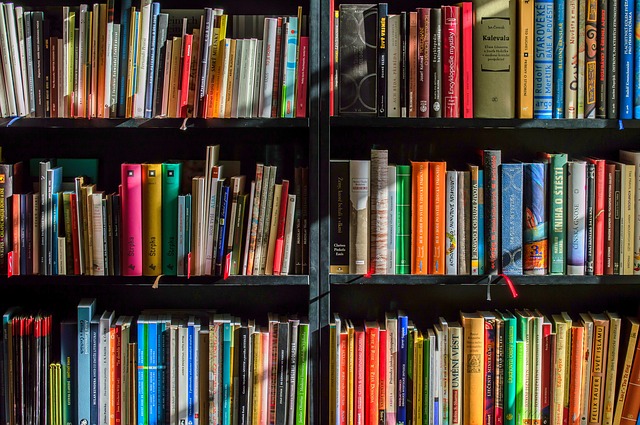On Free Speech and Book Selling
The current political divide in our country has resurfaced the issue of free speech and book access. I have been following this recent controversy surrounding Powell’s Books‘ decision to carry Unmasked: Inside Antifa’s Radical Plan to Destroy Democracy, a new book by Andy Ngo. The conservative journalist has made a name for himself after the 2019 Proud Boy march, as well as this year’s Black Lives Matter protests in Portland, Oregon. His new book focuses on his reporting of Antifa.
The bookstore’s decision to carry the book has caused a major uproar in Portland, with angry protesters in front of the store. The store decided to no longer carry the book in the physical store, but sell it on their website.
“In the interest of fostering thoughtful dialogue and illuminating American discourse as it stands — as opposed to how we wish it looked — we allow both righteous and deplorable books to share our virtual and physical shelves,” the bookstore said in a statement.
I agree. Bookstores are supposed to be defenders of free speech, even speech they don’t agree with. It is antithetical for bookstores to censor books. Just because the store sells a particular book, it doesn’t mean that it endorses the book, nor is anyone forcing customers to buy the book!
I once worked in a bookstore, and we sold many books I didn’t personally agree with or had any interest in reading myself. Also, it is not good for business, and not in the way you would initially think. Book censorship becomes a slippery slope into a rabbit hole you can’t come back from. If you come out against one book, then you would have to also ban other similar books. Then when you don’t ban the other similar books, you are accused of hypocrisy. Powell Books also sells Mein Kampf on its website, and I don’t see protesters trying to ban it. I bet these protesters would be singing a different tune if this was a conservative-leaning bookstore censoring a liberal book!
Free speech is not a liberal or conservative issue; it’s a democracy issue. There are more people on the democratic side than the other side.
In addition, this also affects customer psychology. Most customers expect to browse a physical or online store and explore different books and ideas of their choosing, But once you become the bookstore known for censoring books, it changes how customers view your store. They might think the store is making judgments about their reading choices, and that might turn them off from shopping with the store. I have a friend who stopped shopping at a particular bookstore because a store cashier continuously gave her ugly looks whenever she asked about libertarian-leaning books. She now buys all her books from Amazon. Ultimately, independent bookstores are only hanging by a thread financially, and need every customer they can get.
Honestly, Ngo’s book probably wouldn’t have been gotten all the attention it has received if it wasn’t for the protesters. Without the protests, the book probably would have sold meagers copies and faded into obscurity. If I was the bookstore owner, I probably would have buried the book in the book stacks instead of a floor display, sold it online, and did special orders if customers came in requesting it.
It’s a democracy issue.



